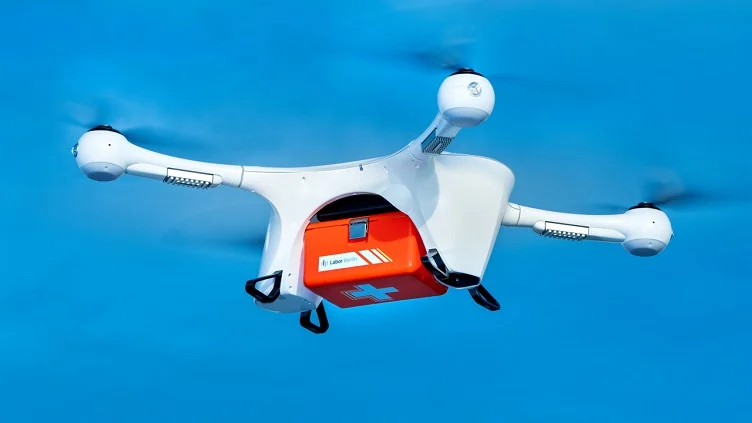I really dislike the term ‘drone’.
Its use is synonymous with any unmanned aircraft or aerospace system (UAS). Regardless of size or whether the application is military, industry, hobby or other, we tend to dub any and all pilotless systems as a drone. In the last five years, the taxonomy of drones has become overwhelming, yet the volume has not bred a new, more appropriate collective name for these vehicles.
The etymology of the term ‘drone’, which is now widely used by the public, was coined in the 1920s in reference to the early remotely-flown target aircraft used for practice firing of a battleship’s guns.
The etymology of the term ‘drone’, which is now widely used by the public, was coined in the 1920s in reference to the early remotely-flown target aircraft used for practice firing of a battleship’s guns.
It wasn’t until the mid-2000s when the alternate term UAS was partially adopted by the US Department of Defense and the Federal Aviation Administration. Other administrations have followed, however many industry players have not. Perhaps the largest manufacturer, DJI, continues to refer to many of their products as drones. As do many of the other large players.
What’s most surprising—and exciting—about the advent of the drone age is that there’s so much room left to grow. There’s a whole flood of enterprises out there that haven’t even come through the door yet. One challenge to these ventures are the laws—or rather the lack of laws—which govern drone usage. Nevertheless, companies are charging ahead, under the assumption that the laws will work themselves out. That is of course a big assumption.
Here’s where it gets interesting though. Drone laws are working themselves out; predominantly through public discourse. Not really what the industry wants. Not surprising though. Why? In part, it’s the drone. There are complex questions over the torts (legal wrongs) of trespass and nuisance. Several legal challenges against drone operations based on the right to quiet enjoyment are beginning to emerge.
You see, drones are still (perhaps wrongfully) synonymous with three ugly facets; they are seen as loud (noise concerns), obtrusive (privacy and security concerns) and poorly regulated (safety concerns). If the industry itself continues to refer to remotely operated aircraft systems as drones, we do little to dispel the first concern. The terminology we use to describe the technology very much influences public perception. We are not doing ourselves any favours. The term is also burdened by years of association with death and destruction—drone wars, drone strike, drone surveillance.
Drone is a dirty word, implying lack of sophistication, and that these systems are ‘stupid’. This contrasts with the distributed and artificial intelligence, the complexity of the control systems, and the automative technology that these systems incorporate.
Drone has come to mean one thing in the public consciousness: harmful!
Further, drone is, in my opinion, unprofessional. Operators are aviators; we are professionals. Flying these systems takes skill and certification. And drones are an aerial vehicle, often operated in a complex environment or in support of a complex mission.
As an industry we must start thinking and referring to ourselves and our operations as such. That starts by referencing in the positive and losing the term ‘drone’. So how do we change that culture, and what should we refer to them as?
The Australian regulator—the Civil Aviation Safety Authority (CASA)—and the European Aviation Safety Agency (EASA) use the term Remote Piloted Aircraft (RPA) in respect to civilian usage. The Unmanned Aerial Vehicle (UAV) or RPA together with the datalink and ground control units are collectively referred to as Unmanned Aircraft Systems or UAS. This is also the term used by the Federal Aviation Administration (FAA). These are the terms I think we as pilots/operators, should adopt.
Remove the term drone from your own lingo, from your websites, presentations and company names. Use a technically accurate term as it will open the door to a more intelligent conversation about the technology. Focus on the positives of these systems and redirect when someone mentions the word ‘drone’. Consider educating instead. Acknowledge societies concerns and then move quickly to talk of the benefit to society, the advancements in technology and comparable (or lesser) risk to that of current manned aviation.
If we do this, then over time, it’s more than possible that drones will shed much of the current stigma surrounding them.
